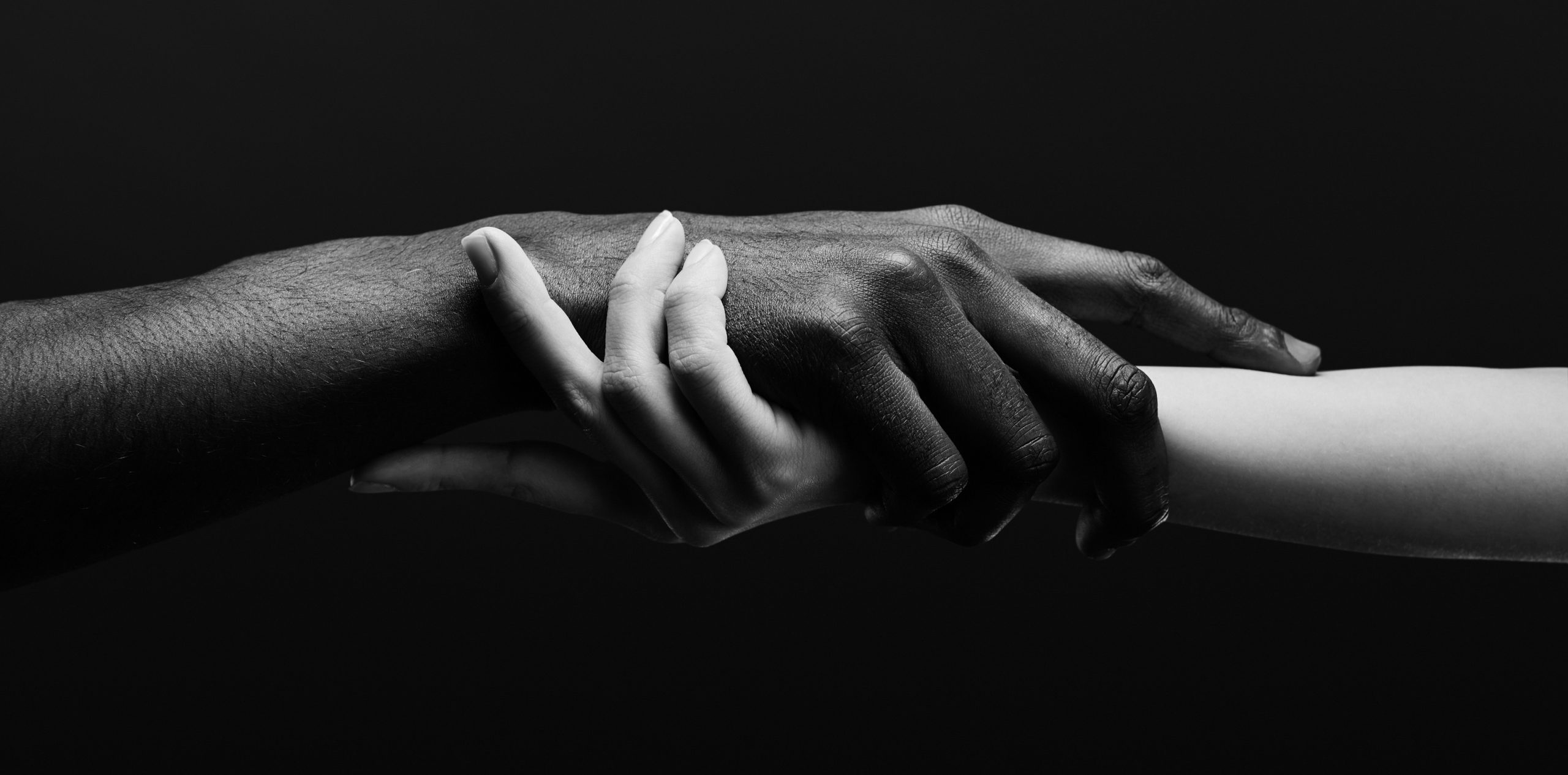Two national conferences – one for the AMA, and one for IHACPA – showcased exactly the challenges and the joys of reforming our health system.
There was a lot to like about the Australian Medical Association’s national conference, held in Adelaide last week.
Top of the list was the closing address from Gillian Hicks, survivor of the London 7/7 bombings that took her legs and forced her to start life again from scratch.
Ms Hicks’ speech had everything – inspiration, joy, humour, horror, but above all a beautiful feeling of gratitude for life, connection and the chances she has been given.
“Being alive is the greatest thing of all,” she said.
“I love the idea that I will never be defeated by anything, because every experience I welcome because I know it’s part of me growing in my wisdom.”
She began and ended her speech by thanking the room full of doctors in front of her.
“I’ve absolutely looked at you as my role model,” she said.
“How do I be the best human being I can be? And you’re right here in front of us.
“Thank you. Thank you. Thank you. Thank you for all you do and for all the times that perhaps someone hasn’t been able to thank you.
“Please allow me to be the symbol of when it all goes very, very right. Thank you.”
Wow. It’s fair to say there wasn’t a dry eye in the house by the time the room rose to give Ms Hicks a standing ovation. The MC was crying, the doctors were crying. This old cynical journo was crying.
It was a timely reminder that at the heart of every policy decision, funding model, quality indicator, clinical encounter and datapoint there is a human being. A patient with a name, a story, a loved one, and a life.
A few days after the AMA conference wrapped up, the national conference of the Independent Health and Aged Care Pricing Authority opened, again in Adelaide.
I think it’s fair to say that IHACPA is a bit of a black box to the average observer of the healthcare system. And the national conference can be, to the casual observer, a long line of presentations about DRGs, ADRGs, case weights, short-stay outliers, inliers, and NWAUs.
But this year I noticed a bit of a shift. Yes, all those conversations were happening, particularly in the breakout abstract sessions, but the good people of IHACPA were also hearing about and talking about patient-centred care.
For the first time Liz Deveny, CEO of the Consumers Health Forum of Australia was invited to take part in a panel.
Related
In his closing remarks, IHACPA CEO Professor Michael Pervan acknowledged the challenging remarks of Indigenous journalist and academic Stan Grant on the second day of the conference.
“Pricing is, and can be very powerful,” said Professor Pervan. “But pricing itself is, in its own ways, very limited.
“Two years ago, I sat here with the giant head of Stephen Duckett over my shoulder [on the screen] saying ‘I’m sorry, Michael, but pricing won’t fix everything’. And he was quite correct.
“I don’t think you could argue that it was anything else but quality of care that Indigenous people, that people in residential care, people receiving home-care services, would be feeling. But what part has price got to do with that?
“And what part can’t price impact on without it becoming so complex and so distorted that it doesn’t actually work as a price anymore?”
That, ladies and gentlemen, is a health economist acknowledging that a good healthcare system is not just about cost, value and ROIs. It’s about intangibles like love, kindness, respect and dignity – and finding a “price” for those things is just as important as a bunch of NWAUs.
(No, I don’t know what it is, either.)
When Gillian Hicks was triaged at the scene of that 2005 bombing, a red tag was put around her wrist. On it were four words – “one unknown estimated female”.
When she was pulled out of the wreckage, she was passed from person to person to person “like a human baton” until she was safely in hospital. Her hand was held by someone the entire way.
“I felt intention and I felt an absolute connection through the will of them wanting me to survive,” she told the AMA crowd.
“Those four words were my gift. What they told me very clearly was that my life was saved purely because I was a human being.
“Difference of any kind made no difference to the extraordinary lengths that the rescuers were prepared to go to save my life, to save as many unknowns as they could, and putting their own lives at risk.
“To them, it didn’t matter if I was rich or poor, the colour of my skin, whether I was male or female, my sexual orientation, who I voted for, whether I was educated, if I had a faith or no faith at all.
“Nothing mattered other than I was a precious human life.”
Put a price on that.




